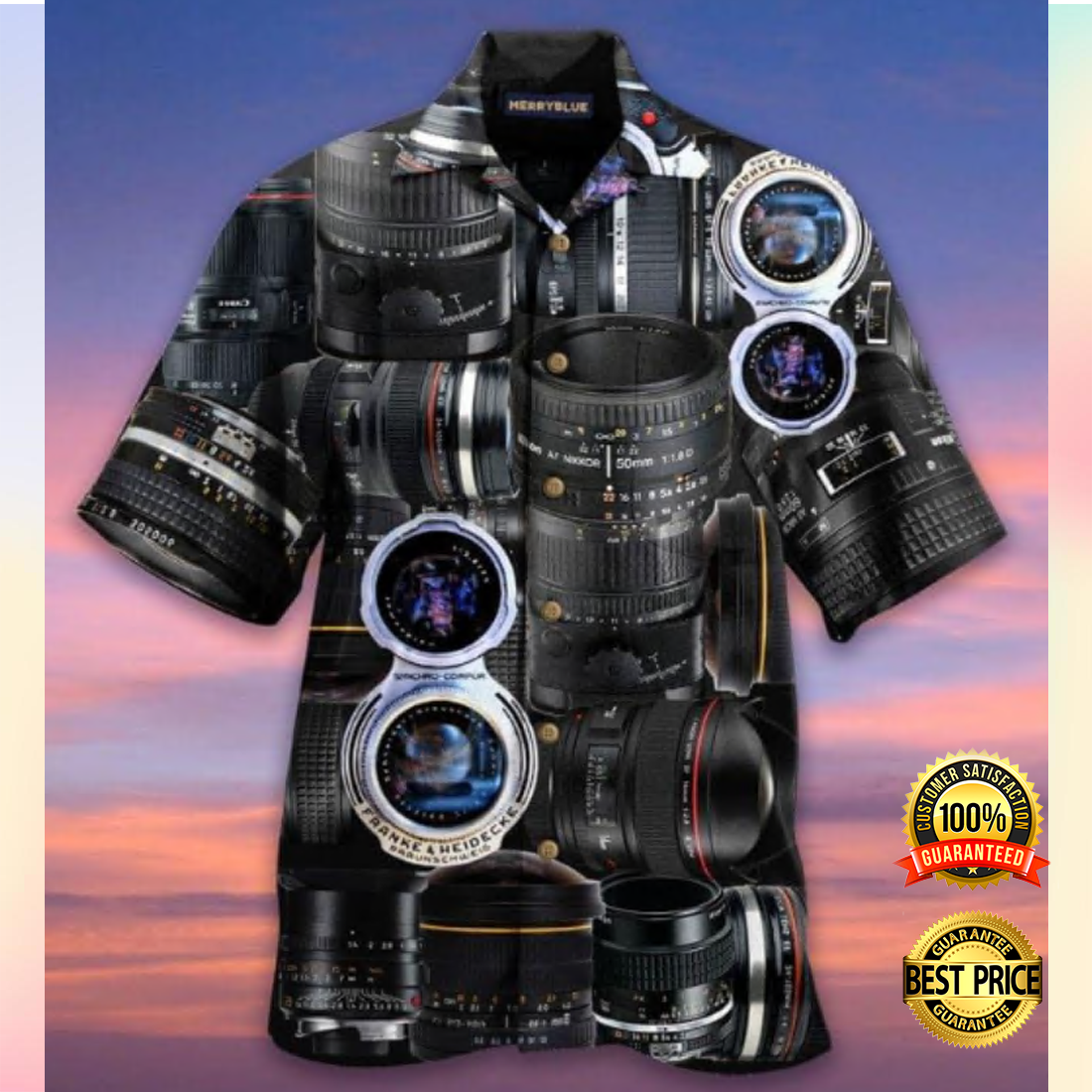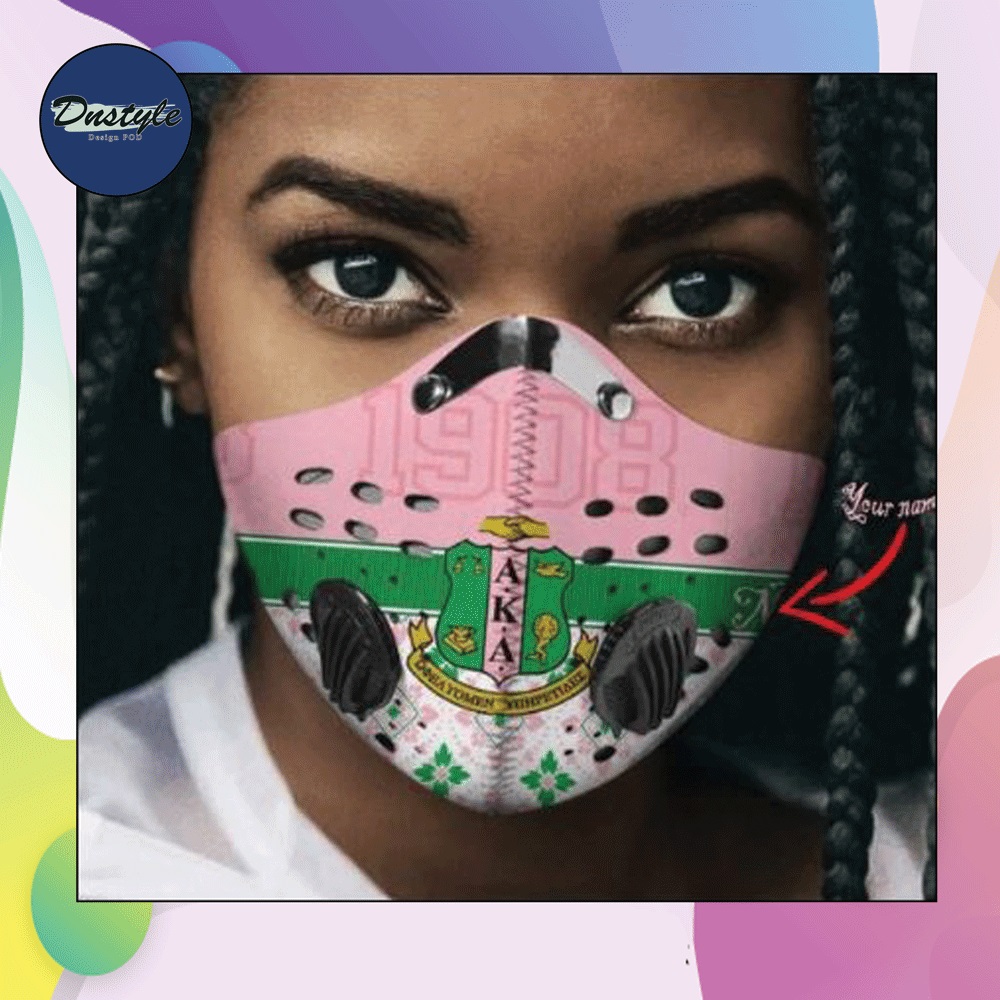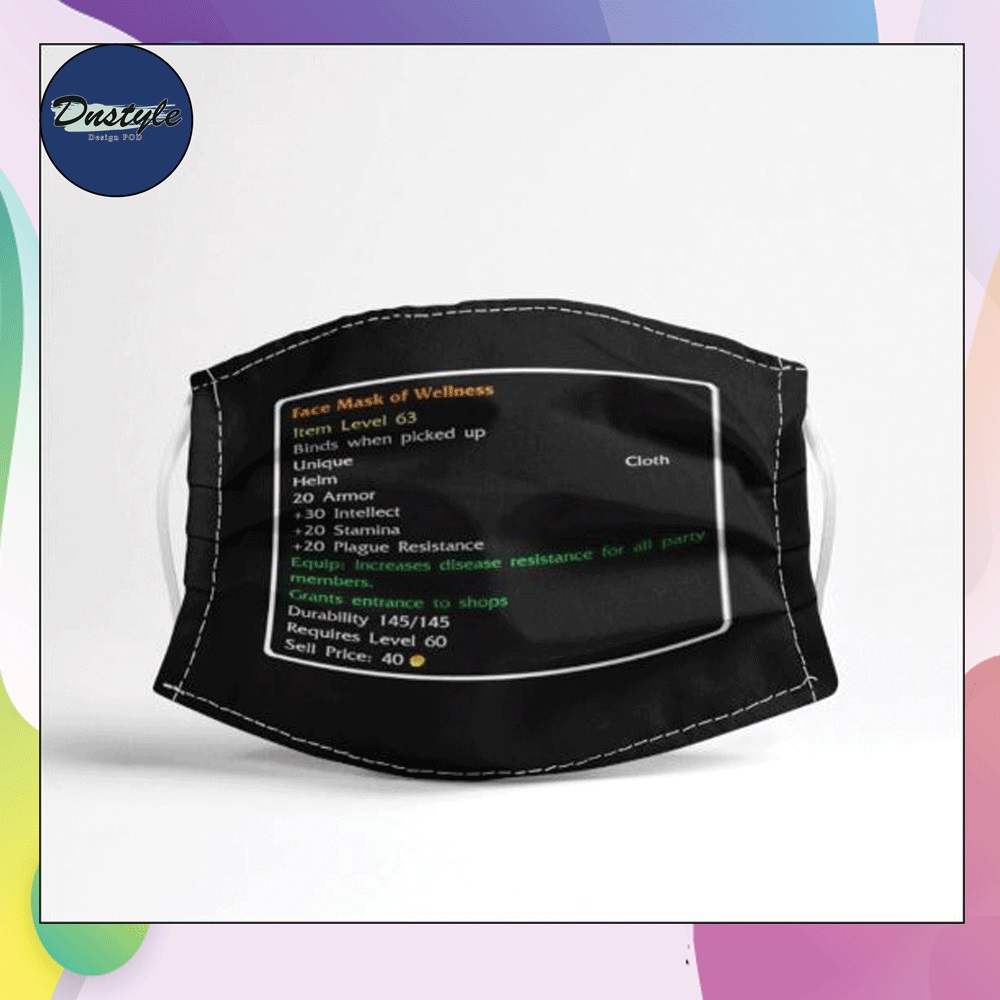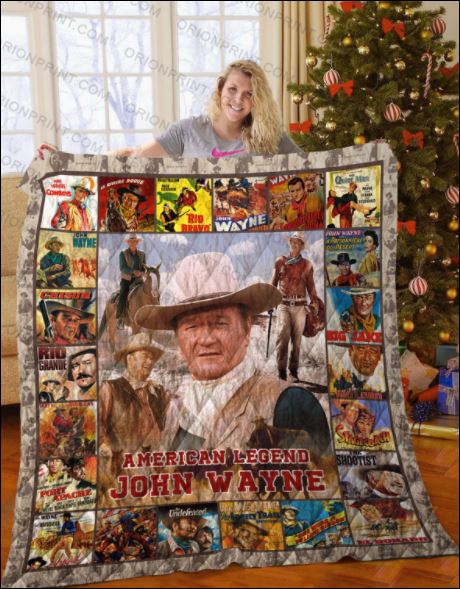Competition is identified as a win-loss situation, the standing up for one’s right or defending their position on a subject matter (Lawless & Trif, 2016). Competition. According to Borkowski (2016), the process of integrated conflict negotiations is collaborative, interest-based, agreement-oriented approach, resulting in a win-win for everyone (p. 318). Integrative negotiations involves the exploration of different options to achieve equal verses unilateral gains; the parties describe a problem, look for solutions, evaluate the solutions, and decide on best solution that benefits both parties (Borkowski, 2016). There is mutual brainstorming, cooperation, trust, information sharing, open communicate, and pursuit of a reciprocal resolution (Borkowski, 2016). Once a photographer always a photographer The integrative conflict negotiation model may best be utilized when negotiating a change with an organization between a hospital department and the organizations administrators attempting to find a resolution to a problem such as departmental Conflict is inevitable in life and in the workplace, but conflict can be positive or negative. Disputes can arise due to personality conflicts, misunderstandings, difference in opinions, lifestyles, values, and beliefs. Having any understanding that conflicts do arise and how to approach such issues is vital to the success of any team and organization. Thomas and Kilmann have identified five conflict handling modes within a two-dimensional taxonomy (Borkowski, 2016).
Click to buy it on Justablink
Once a photographer always a photographer hawaiian shirt

According to Borkowski (2016), the two dimensions of the taxonomy are assertiveness and cooperativeness, and the five conflict handling modes include (1) competition, (2) avoidance, (3) compromise, (4) accommodation, and (5) collaboration (p. 315). Competition is identified as a win-loss situation, the standing up for one’s right or defending their position on a subject matter (Lawless & Trif, 2016). Once a photographer always a photographer Competition According to Borkowski (2016), the process of integrated conflict negotiations is collaborative, interest-based, agreement-oriented approach, resulting in a win-win for everyone (p. 318). Integrative negotiations involves the exploration of different options to achieve equal verses unilateral gains; the parties describe a problem, look for solutions, evaluate the solutions, and decide on best solution that benefits both parties (Borkowski, 2016). There is mutual brainstorming, cooperation, trust, information sharing, open communicate, and pursuit of a reciprocal resolution (Borkowski, 2016). The integrative conflict negotiation model may best be utilized when negotiating a change with an organization between a hospital department and the organizations administrators attempting to find a resolution to a problem such as departmental After analyzing Chapter 10, Group Dynamics and Work Teams, the new concept that was taken from it was the model of Group Development.
How to get it?

Once a photographer always a photographer hawaiian shirt2

Once a photographer always a photographer hawaiian shirt

Once a photographer always a photographer hawaiian shirt 2
As a professional engineer, I have been a part of multiple teams that were given the task of creative projects. As every project experiences their different problems, ours did the same. The teams were successful in the end, but of course, the journey to those successes were extremely difficult. Through the tough patches of the projects, the model of would have helped the team to effortlessly flow in regards to actually building relationships and achieving team goals. Coming from my viewpoint, I assumed the teams naturally followed the process to some extent, but after being introduced to the Group Development Model, Once a photographer always a photographer I realized that we were not follow any type of process at all. Most times, problems occur, and we are faced with the challenge of trying to figure it out along the way as we go. Managers should be equipped with the knowledge in order to have the ability in understanding how groups develop and manage the group interaction, and task process at each stage (Osland, 2007, P. 256).
Homepage: Dnstyles






